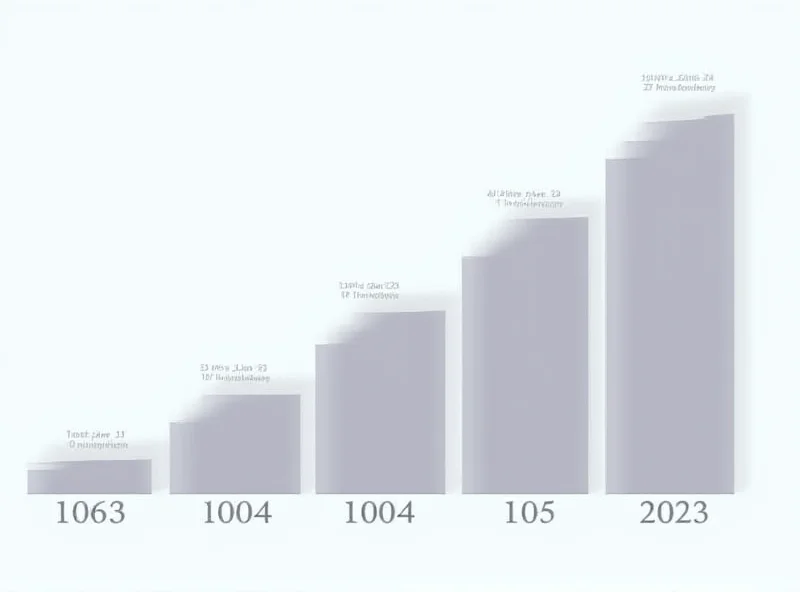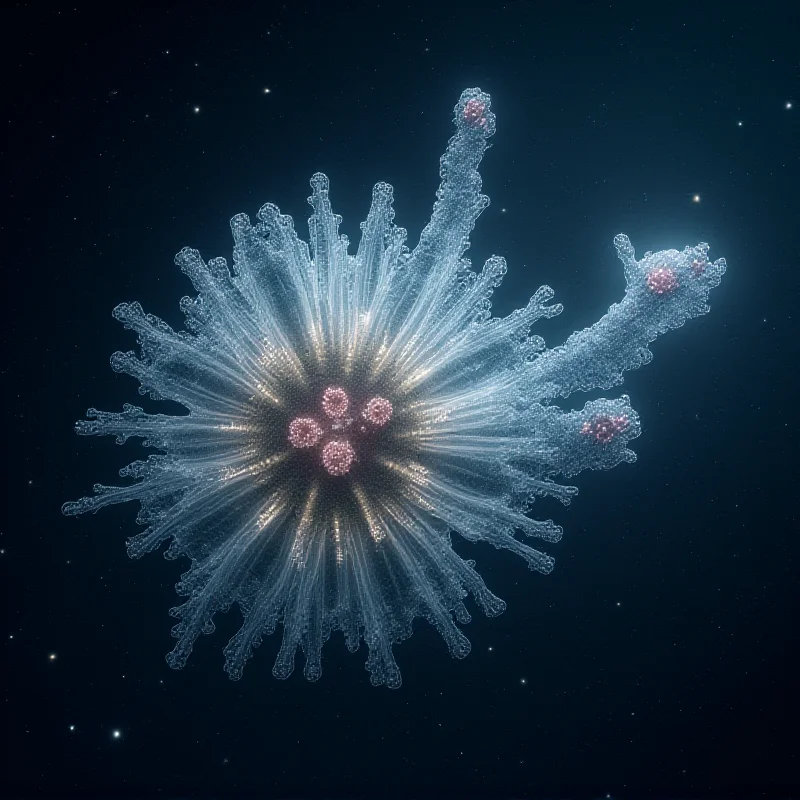The tech world is constantly evolving, and this week is no exception. From a significant drop in ransomware payments to challenges in data retention and groundbreaking research by DARPA, here's a rundown of the latest developments.
Ransomware Payments See Dramatic Decline
Good news for businesses: ransomware payments have plummeted by 35% in 2024. This remarkable decrease signals a major shift in cybercriminal activity. It suggests that companies are becoming more resilient and less likely to give in to extortion demands. Are improved security measures and better backup strategies finally paying off?

This positive trend doesn't mean businesses can relax their cybersecurity efforts. "Staying vigilant is key," says one security expert. "Cybercriminals are constantly adapting, so we must too." The decrease in payments could also indicate a shift towards different attack vectors or more targeted, sophisticated attacks.
Data Retention: A Costly Compliance Challenge
Enterprises are facing a growing challenge: balancing the costs of data retention with the need for compliance. A recent survey of 300 IT and security professionals, commissioned by Red Canary and conducted by Censuswide, revealed that only 35% of data stored in legacy SIEMs delivers tangible value for threat detection. That's a lot of wasted storage!
The survey also found that only 13% of organizations separate low-value data for cheaper storage. This inefficiency leads to significant financial burdens. In fact, 68% of IT security decision-makers admit to discarding low-value data, hoping they won't regret it later.

"62% of IT security decision makers say they are fed up with 'pouring money...'" into inefficient data storage solutions.
This highlights the urgent need for more intelligent data management strategies. Organizations need to find ways to identify and prioritize valuable data, while efficiently storing or discarding less important information. Otherwise, the costs of compliance will continue to rise.
DARPA Explores Bio Structures in Microgravity
DARPA is pushing the boundaries of biotechnology with its exploration of growing bio structures of "unprecedented size" in microgravity. This ambitious research could have significant implications for everything from medicine to materials science. Imagine growing organs in space or creating new types of materials with unique properties!

While the details of DARPA's project remain somewhat shrouded in mystery, the potential benefits are enormous. Microgravity offers a unique environment for growing biological structures, potentially overcoming limitations imposed by gravity on Earth.
T-Mobile Sunsets SyncUp DRIVE
Finally, T-Mobile is retiring its legacy SyncUp DRIVE hardware and app. If you're still using this device, it's time to upgrade. T-Mobile is discontinuing support, so you'll need to find a newer solution to stay connected.
That's all for this week's tech news roundup. Stay tuned for more updates!
